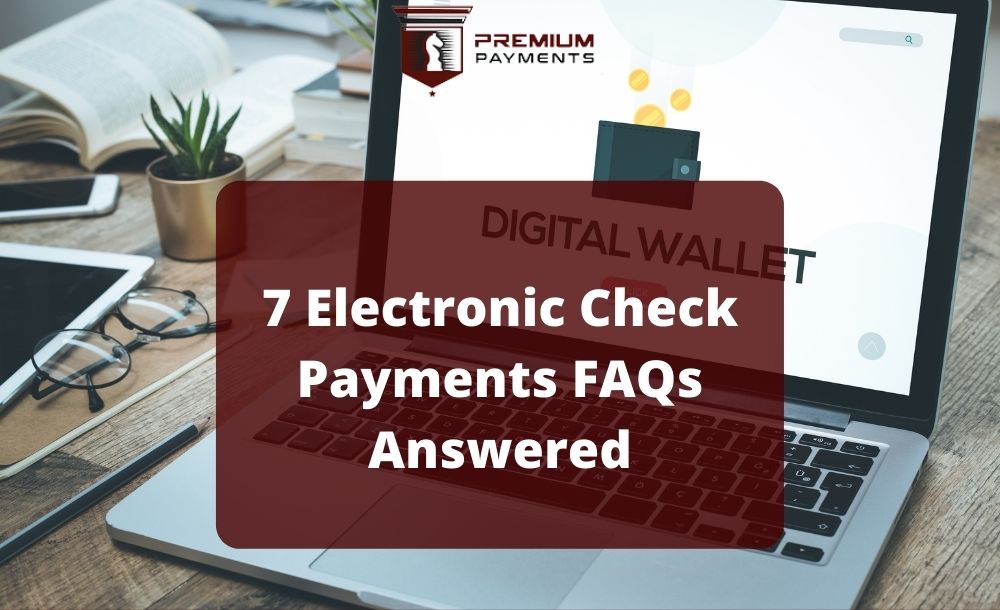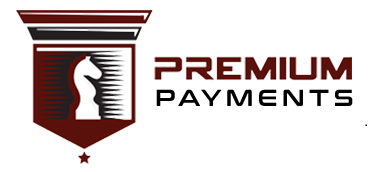
If you are still using paper checks, now is the right time to switch to electronic checks. eChecks are a digital version of paper checks. There are several benefits of eChecks. eCheck processing rates are lower than card processing fees. They are inherently more secure and processed much faster than paper checks.
Before you start using eChecks, learn everything there is to know about them. To help you get started, we attempt to answer some Electronic Check Processing FAQs.
Also known as online checks/internet checks/direct debit, eCheck payment processing services are a digital version of paper checks. Issuing paper checks can be up to 10 times costlier than making electronic payments. eChecks are more secure than paper checks and reduce the potential for errors and fraud.
eChecks benefit the environment and can help reduce greenhouse emissions produced while manufacturing and transporting paper checks. Paper checks get lost, misplaced, or damaged easily. You do not have to worry about losing or damaging your eChecks (as they are intangible). Also, eChecks cannot be altered, forged, or copied.
Electronic funds transfer or EFT is an umbrella term that covers different types of electronic payments such as eChecks, local bank transfers, ACH transfer, PayPal payments, and direct deposits.
Wire transfer/credit transfer/bank transfer is one of the most effective ways to move money fast from one person or entity to another. It is an electronic transfer and can be made through a transfer of cash at a cash office or from one bank account to another.
Unlike ACH transfers, wire transfers cannot be processed in batches and cost more than them. Wire transfers cannot be reversed and are considered less secure than ACH transfers.
eChecks are Processed in four stages
Some security features of eChecks are
If you want to use eChecks, you must collaborate with a financial institution, a payment processor, or a payment gateway. The type of hardware and software needed will depend on the way eChecks will be accepted.
If, for instance, you want to accept eChecks at the point of sale, you will need a check scanner. If you want to accept eChecks online, invest in software that can accept this payment type.
The fundamental difference between eChecks and credit cards is that eChecks use ACH to transfer funds, whereas credit card transactions are conducted over credit card networks. Echeck processing fees (can be as low as 10 cents per transaction) are typically lower than credit card processing fees.
Here are some ways adding eCheck acceptance grows revenue
Premium Payments is committed to helping businesses reduce payment processing fees. Our payment solutions are designed to help businesses accept payments directly from customers. To discuss your requirements, call 954-934-9004, 305-747-5855 or email us at info@premiumpymts.com

Premium Payments offers cutting edge remote payment solutions. We are committed to helping businesses speed up their payment cycle by offering ACH payment services, Electronic check services and Credit card Processing services. We offer payment processing solution for Auto Dealers, law firm and attorneys, Insurance agents/companies, Accountants and Accounting firms, Non-profit organizations and Property management companies. Call (954)-934-9004, (305)-747-5855 or email us at info@premiumpymts.com To Start Your Risk Free Trial. No Credit Card Required.